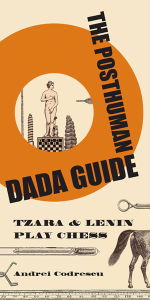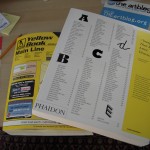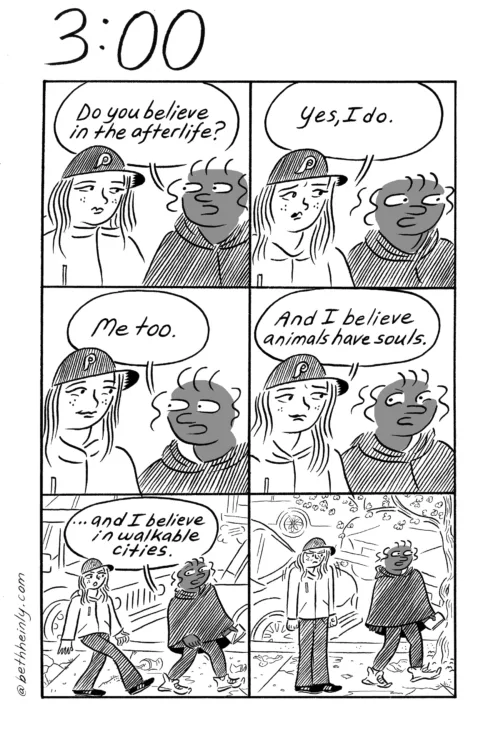Dada for Andrei Codrescu was not a style but a movement. Movements are part of life. Dada reminds Codrescu of chess; chess is for the most part either war or a preparation for war. Chess, indeed, was once a war game. Aristocrats played it to get ready for the next fight.

I myself was named after Lt Michael Tierney killed in a trench in France in 1916. Meanwhile in Zurich Tristan Tzara protested. How can a sensible soul protest except through art and poetry and performance? Perhaps Vladimir Lenin was not altogether sensible. Lenin also resided in Zurich at the time. Lenin protested the Great War with guns, assassination and revolution.
Revolution changes the nature of war. With Kaiser Wilhelm in Germany, the Grand Duke of Austria, and the Czar in his palace in Russia, Europe in 1916 resembled a giant chessboard. The Monarchy, the Church and the Military sent its pawns or peons or citizens to fight and die. A current activist sums up the attitude of our leaders to our fellow citizens: fuck them. If Ludendorff had not suffered a moment of humanity in August 1918, the Great War could have continued well into the 1920s.
But the king is never killed in chess. When it was all over, the monarchs of Germany and Austria simply walked away, former kings but free men. Lenin, however, did something interesting, something revolutionary: he killed the king. Michael Tierney died; why should the Czar live?
And chess too changed, according to Codrescu. The Great War spawned Chess Theory. Ever read any? It’s worse than art criticism. Are you reading this for fun? Dada was desperate fun and outrageous entertainment. Eventually it gave way to serous Surrealism and the yucks stopped. But Codrescu’s book is Dada’s witty lucid exposition. When Codrescu writes of Tzara’s French poetry, I think Codrescu is really writing of his own English work: “Tzara turned out to be a remarkable French poet, whose use of the language, uninhibited by the taboos of his native tongue(s), renewed it like a fresh spring. Tzara made French his personal playground, and the astonished litterateurs of Paris couldn’t wait to climb aboard its variety of fun rides.”
Andrei Codrescu, The Posthuman Dada Guide: Tzara & Lenin Play Chess (Princeton University Press); 235 pages; 2009









